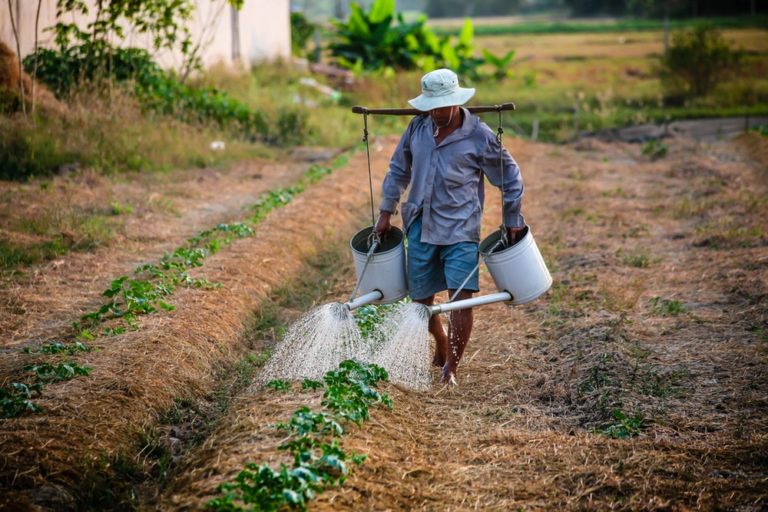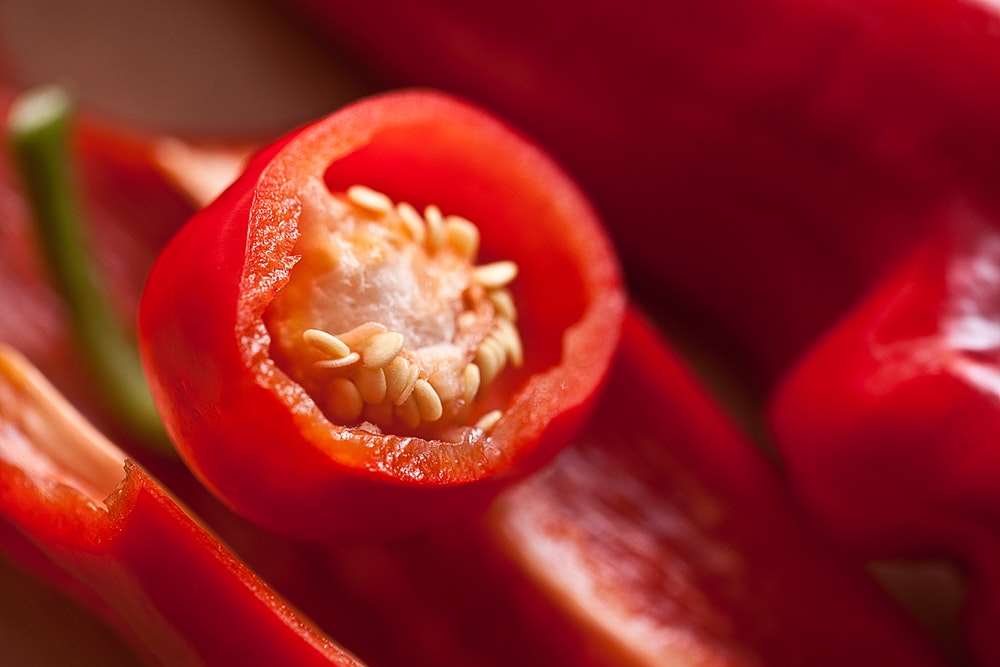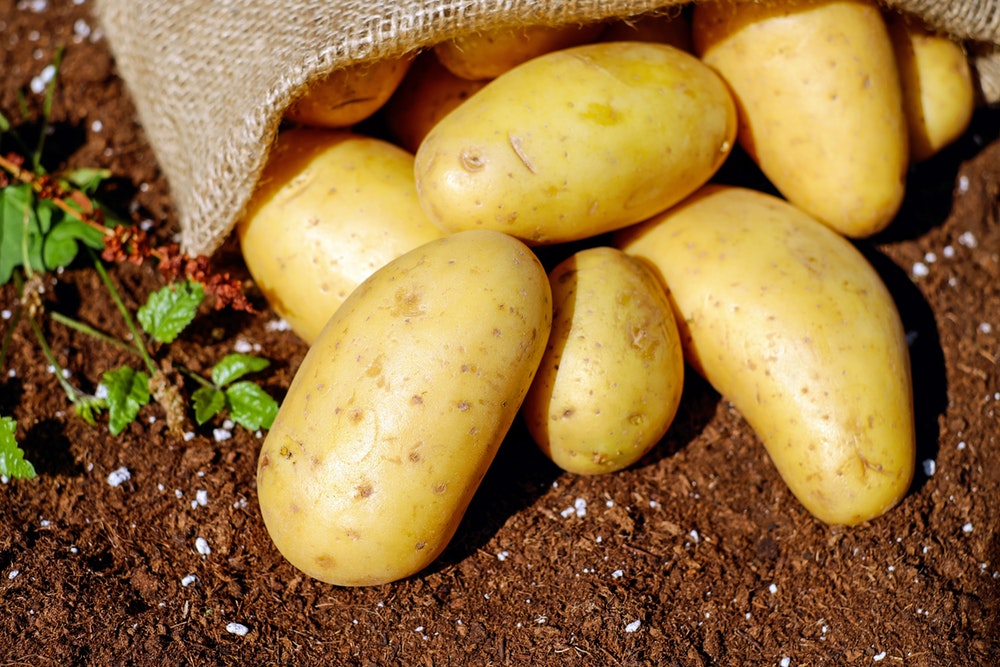
In our last piece, we sought to recognize the nature and importance of better food security for Caribbean territories. We looked at simple means by which innovation, science, and creativity could be used to easily grow a variety of crops without requiring large amounts of land, resources, hard labour and most importantly, huge amounts of financial backing. Today we’re going to essentially continue along that same train of thought as we consider how best the Caribbean’s need for food security can be better sated in a way which empowers both its citizens and the states in which they reside.
It’s tempting to look at our larger neighbours and feel a budding desire to emulate their industrialized, large-scale methods of farming. Using mechanization and automation, many developed countries produce food en masse, effectively creating an abundance of produce and products. Is this possible here in the Caribbean then? With the issue of land allocation in a region of geographically small states being a ceaseless concern, the overall answer to the question becomes a complex matter.
Yet, we can all agree that the region’s food security prospects would greatly benefit from a commitment to modernized farming and in this regard, mechanization is possible once catered to an appreciation of our local environment and needs.
For example, as if manifesting in a timely manner given Trinidad and Tobago’s economically trying times, locally produced rice is once more finding its way to the nation’s groceries in larger quantities. In what has been described as a progressive move, the farming family behind Island Grain white rice pulls it off by being one of the first to utilize a mechanical rice harvester, a breakthrough compared to the manual labour-intensive tradition which dominated for years. This event should underscore the general direction things need to move toward. Whilst smaller islands are strapped for land, farmers who produce there may find themselves enjoying greater yields and easier production were they to utilize some creativity in conjunction with modern machinery.
Yet, we’ve previously run through some simple, innovative ways by which some fruits and vegetables can be grown in our last analysis. It’s important to recognize however that this may not be feasible for crops such as grain and other staples or provisions which naturally require more space and growing room. Besides mechanization, how can we securely meet our needs for these goods?

In a recent piece from the Trinidad Guardian one farmer quipped that right now, peppers were worth far more than a barrel of oil. From his point of view, the government had too long lamented farming; something he believes should be a cornerstone of any nation given that we all need sustenance. He went on to describe how many disenfranchised, unemployed youths could be encouraged to get into farming and independently empower themselves if the state were to devote a little more willpower and effort to it. With youth deviance being a growing issue in the Caribbean, such a move can, in fact, kill two birds with one stone.
Indeed, with the right policies, incentives, and awareness, farming can easily become a means of empowering both the common man as well as those in it for larger scale production. Though all this is merely a pipedream unless pursued with a holistic vision and political will.
For example, whilst farming loans and grants are good, the environment itself must be taken into consideration. If farmers face too many obstacles and adversity, the pursuit itself would undoubtedly be counterproductive. Take, for example, TT’s recent policy of rationing water due to the lack of rain and dry season drought. Whilst not a monumental quandary for the average citizen, a lack of prioritizing for farmers has left many without the precious resource needed for their crops and livestock.

As a result, some have warned of an impending and inevitable closure if things remain as they are with farmers producing up to 30,000 chickens pressed into ceasing production. With dried up ponds, river and now restricted pipe-borne water it is up to the state to institute a degree of prioritization in the matter. Looking overseas, the US state of California has, for years now, faced a harrowing series of droughts and water scarcity.
Being a breadbasket state, the local government saw fit to secure water access for farmers under a different schedule as compared to residents. Caribbean nations should take example from this and other similar policies if they hope to approach the matter of Food Security seriously.
Land allocation as well should also be a matter of concern, especially given the limited land with which various territories have to work with. In very simple terms, land best suited to farming should be set aside for such. Unfortunately, as a result of political favours, populist appeal and general mismanagement, the most fertile lands tend to be utilized for grand projects, housing or private use with a hefty price to be paid in the long run. As of 2010, it was estimated that the Caribbean region spent more than USD $5 billion on food imports with that number rising each year.
Given that there’s a drought not only of water but also an alleged one for foreign exchange, a prudent approach would be one which seeks to reduce that import bill.
Realistically speaking, any reduction would at first be small and perhaps increase gradually over time however the onus should be on maximizing savings as much as possible rather than eliminating spending altogether. It is with this in mind that in our next and final piece on the topic, we’ll assess ways by which regional cooperation and efforts could help with this matter.